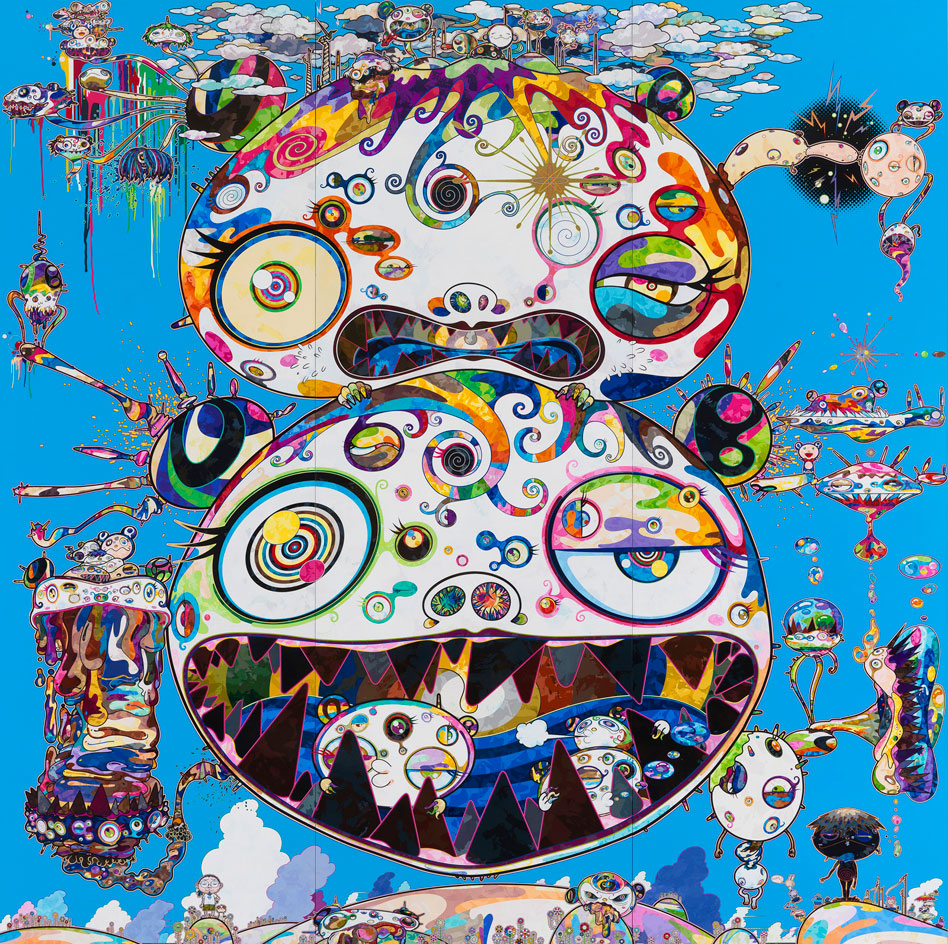
The even-numbered chapters deal with a newcomer to "The End of the World", a strange, isolated Town, depicted in the frontispiece map as being surrounded by a perfect and impenetrable wall. According to the scientist, to the outside world this change will seem instantaneous, but in the Calcutec's mind, his time within this world will seem almost infinite.

The narrator eventually learns that he only has a day and a half before his consciousness leaves the world he knows and delves forever into the world that has been created in his subconscious mind. He works in a laboratory hidden within an anachronistic version of Tokyo's sewer system. The narrator completes an assignment for a mysterious scientist, who is exploring "sound removal".

The relationship between the two groups is simple: the System protects data while the Semiotecs steal it, although it is suggested that one man might be behind both. The Calcutecs work for the quasi-governmental System, as opposed to the criminal "Semiotecs" ( 記号士, kigōshi ) who work for the Factory and who are generally fallen Calcutecs. The narrator is a "Calcutec" ( 計算士, keisanshi ), a human data processor and encryption system who has been trained to use his subconscious as an encryption key. The odd-numbered chapters take place in "Hard-Boiled Wonderland", although that phrase is not used anywhere in the text, only in page headers. The story is split between parallel narratives.

A strange and dreamlike novel, its chapters alternate between two narratives-"Hard-Boiled Wonderland" (the cyberpunk, science fiction part) and "The End of the World" (the surreal, virtual fantasy part). The English translation by Alfred Birnbaum was released in 1991. It was awarded the Tanizaki Prize in 1985. Hard-Boiled Wonderland and the End of the World ( 世界の終りとハードボイルド・ワンダーランド, Sekai no Owari to Hādo-Boirudo Wandārando) is a 1985 novel by Japanese author Haruki Murakami.


 0 kommentar(er)
0 kommentar(er)
